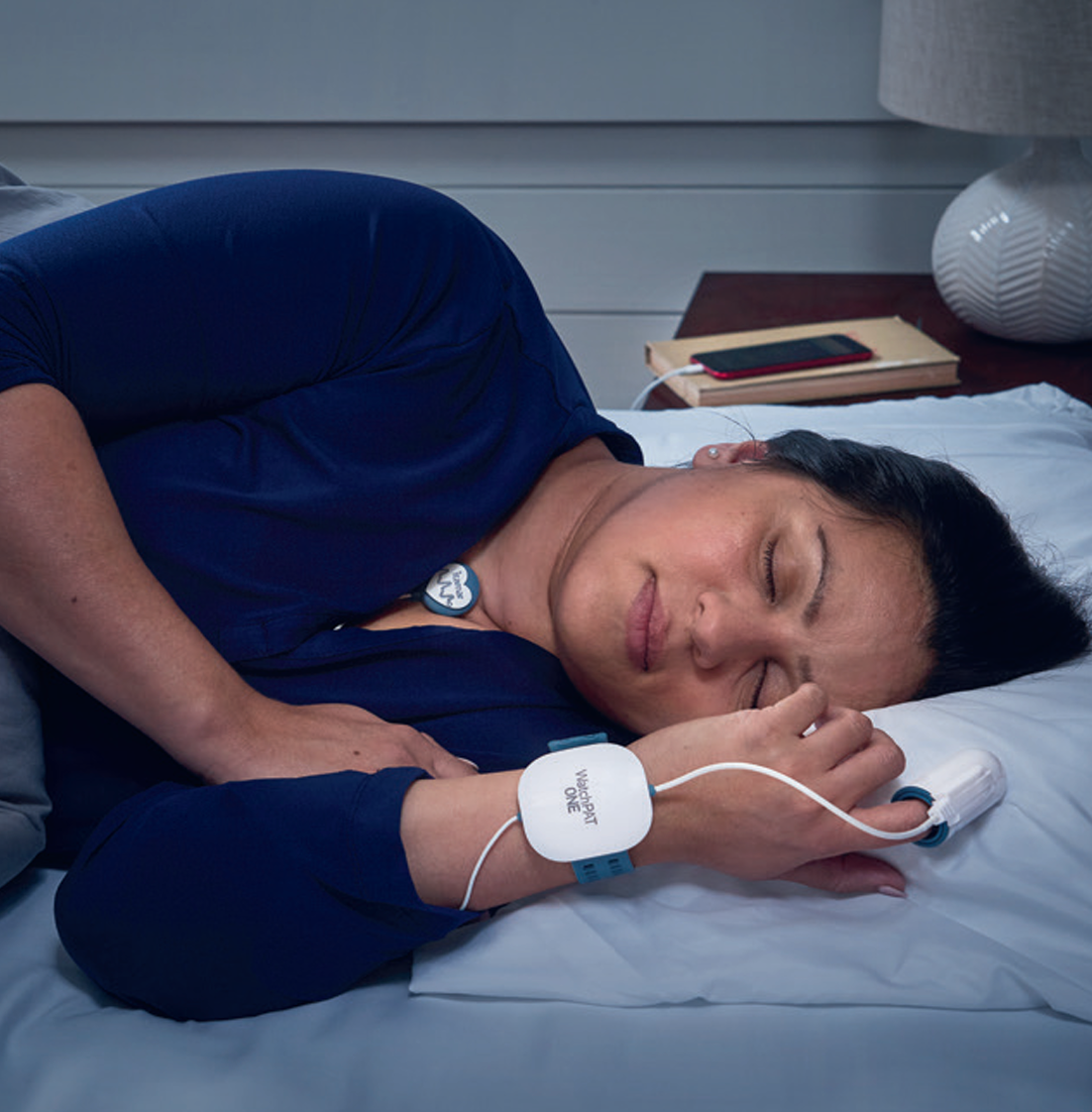Sleep apnea, a prevalent yet sleep disorder involves interruptions, in breathing while asleep. Early detection of symptoms and seeking diagnosis can result in management. Thanks to advancements at home sleep apnea testing has become increasingly accessible. However before choosing a home sleep study there are considerations to keep in mind.
1. Recognizing Sleep Apnea Symptoms
Prior to opting for an at home sleep test it's crucial to identify the signs of sleep apnea. Common indicators include snoring, observed instances of breathing pauses during sleep sudden awakenings with gasping or choking sensations, morning headaches, daytime drowsiness, trouble focusing, mood swings and elevated blood pressure levels. If you or your partner notice these signs it may be time to contemplate a sleep study.
2. Seeking Advice from a Medical Professional
Although at home sleep apnea tests offer convenience they may not be suitable for everyone. Consulting with a healthcare provider is essential. A qualified professional can evaluate your symptoms and medical background to determine if you are a candidate for home testing or if an extensive, in lab sleep study is necessary.
This particular step is crucial, for individuals with conditions that could complicate the diagnosis, such as pulmonary disorders or congestive heart failure.
3. Selecting the Appropriate Home Sleep Apnea Test
Not all home sleep apnea tests are the same. It's essential to opt for a test approved by health authorities and recommended by your physician. These tests typically measure your heart rate, blood oxygen levels, airflow and breathing patterns. Make sure that the test you choose can provide results to aid in reaching a diagnosis.
4. Insurance Coverage and Expenses
Before proceeding with a home sleep test consult your insurance provider to understand what is included in your plan. Some insurance plans cover home sleep apnea testing partially while others may not. Additionally compare the costs between an at home test and an in lab study. Although at home tests are generally affordable insurance coverage could impact your out of pocket expenses.
5. Getting Ready, for the Test
preparation can impact the precision of your home sleep test results. Follow any instructions provided with your test kit.
Common recommendations suggest abstaining from alcohol and caffeine on the day of the examination sticking to your sleep routine and ensuring setup of the testing apparatus. It's important to create a sleep environment for a nights rest as any deviations could impact the test results.
6. Understanding Test Results
Deciphering the outcomes of a home sleep test can pose a challenge. These assessments yield data that requires evaluation by a sleep specialist, for diagnosing sleep apnea. Following the test you'll need to return your device to either a lab or doctor who can analyze the data. Be ready to schedule a follow up appointment to review the findings. Having an expert explain the results and discuss steps like lifestyle adjustments, CPAP machine Canada use or further testing is crucial.
7. Monitoring and Treatment
An at home test serves as an initial phase in identifying and treating sleep apnea. Depending on the results additional assessment may be necessary. Treatment may commence. Managing sleep apnea could involve lifestyle modifications such as weight loss or altering sleeping positions employing a CPAP machine or potentially surgery. Regular check ins with your healthcare provider are vital, for monitoring your well being and making treatment adjustments when needed.
In closing conducting at home sleep apnea tests proves to be a method for diagnosing sleep apnea condition in an affordable way. It is crucial to approach this option with thought and expert advice. By acknowledging its limitations and adequately preparing for the test you can guarantee an beneficial diagnosis. Keep in mind that managing sleep apnea starts with a diagnosis, supported by dedicated treatment and consistent monitoring.

